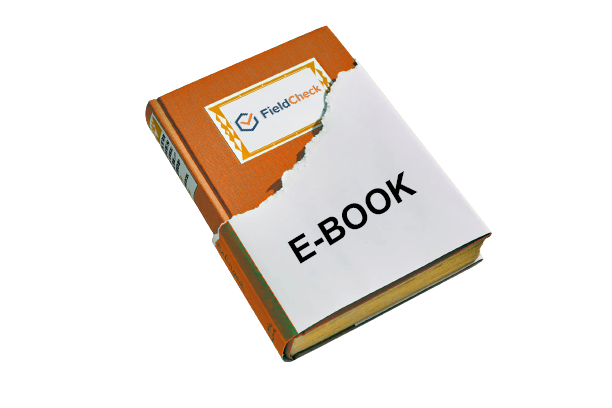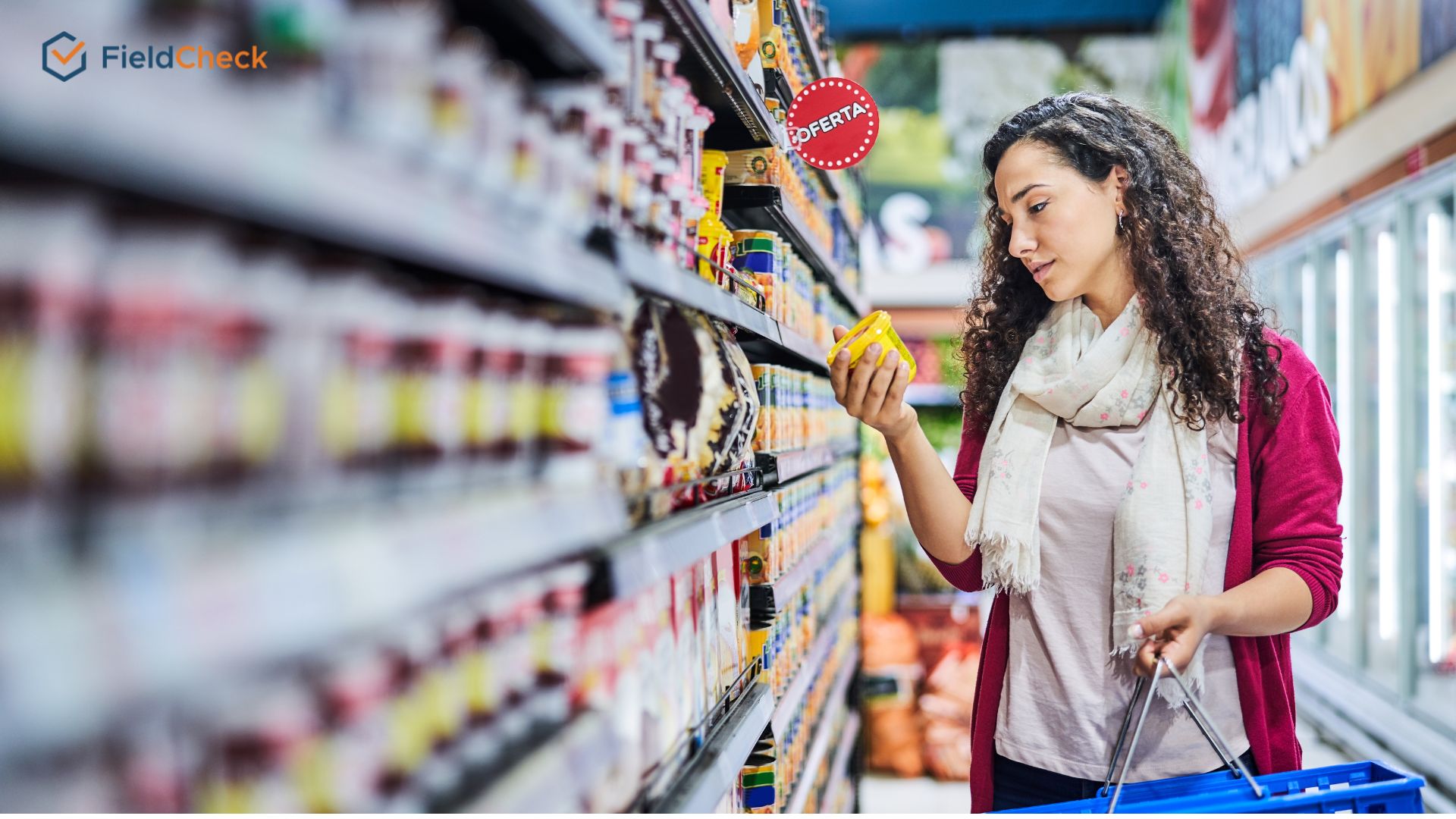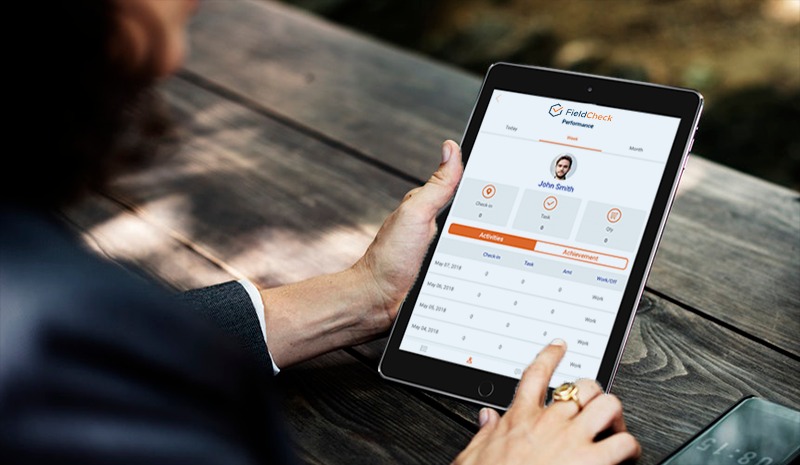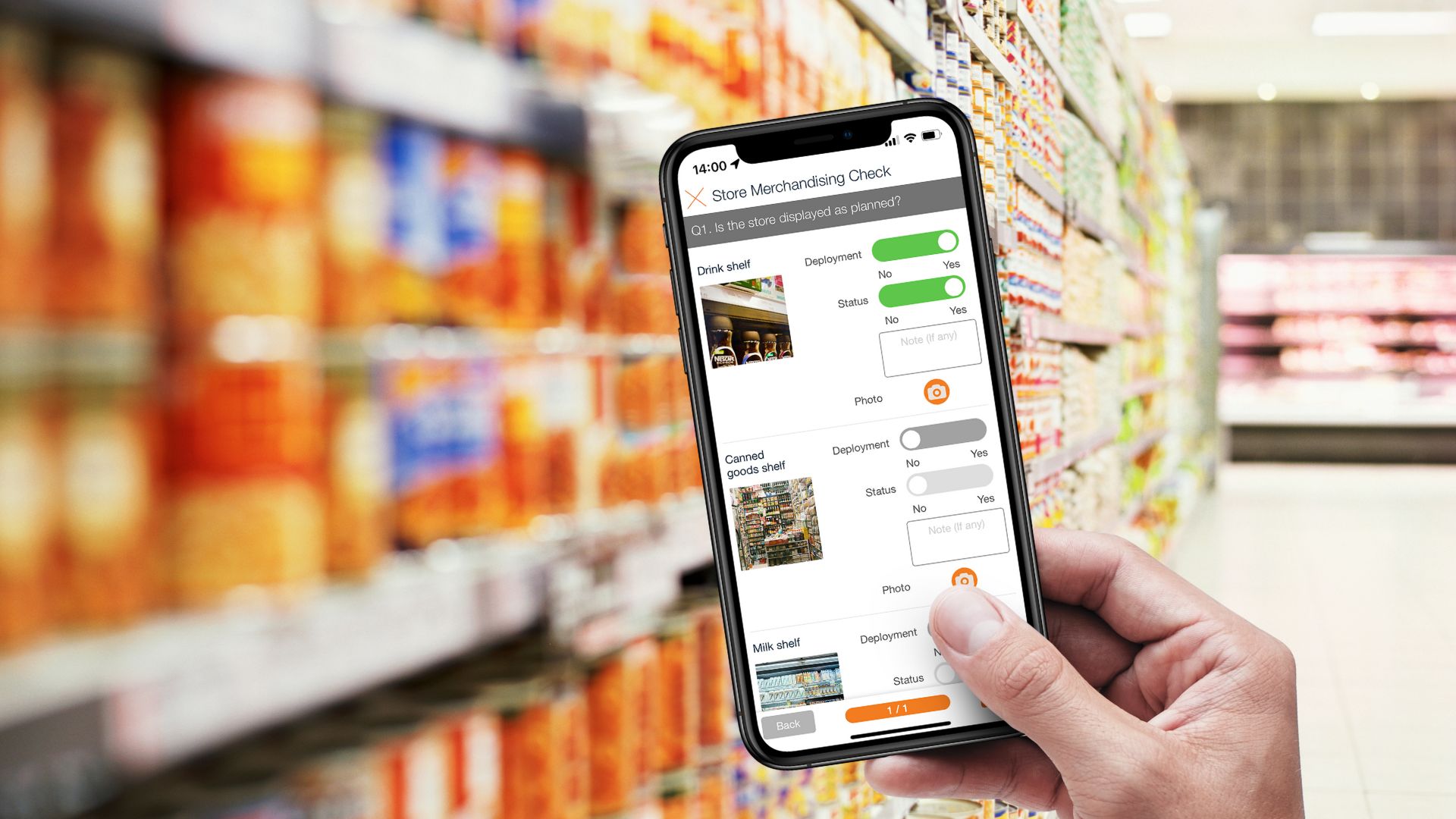What is the Difference Between Dealer and Distributor?
The boundary between the concept of a distributor and a tier-1 authorized dealer is currently quite vague. This situation occurs because of the quite similar properties in these models.
What is the difference between dealer and distributor? Find the answer to help clarify the concept of these two objects in the supply chain below.
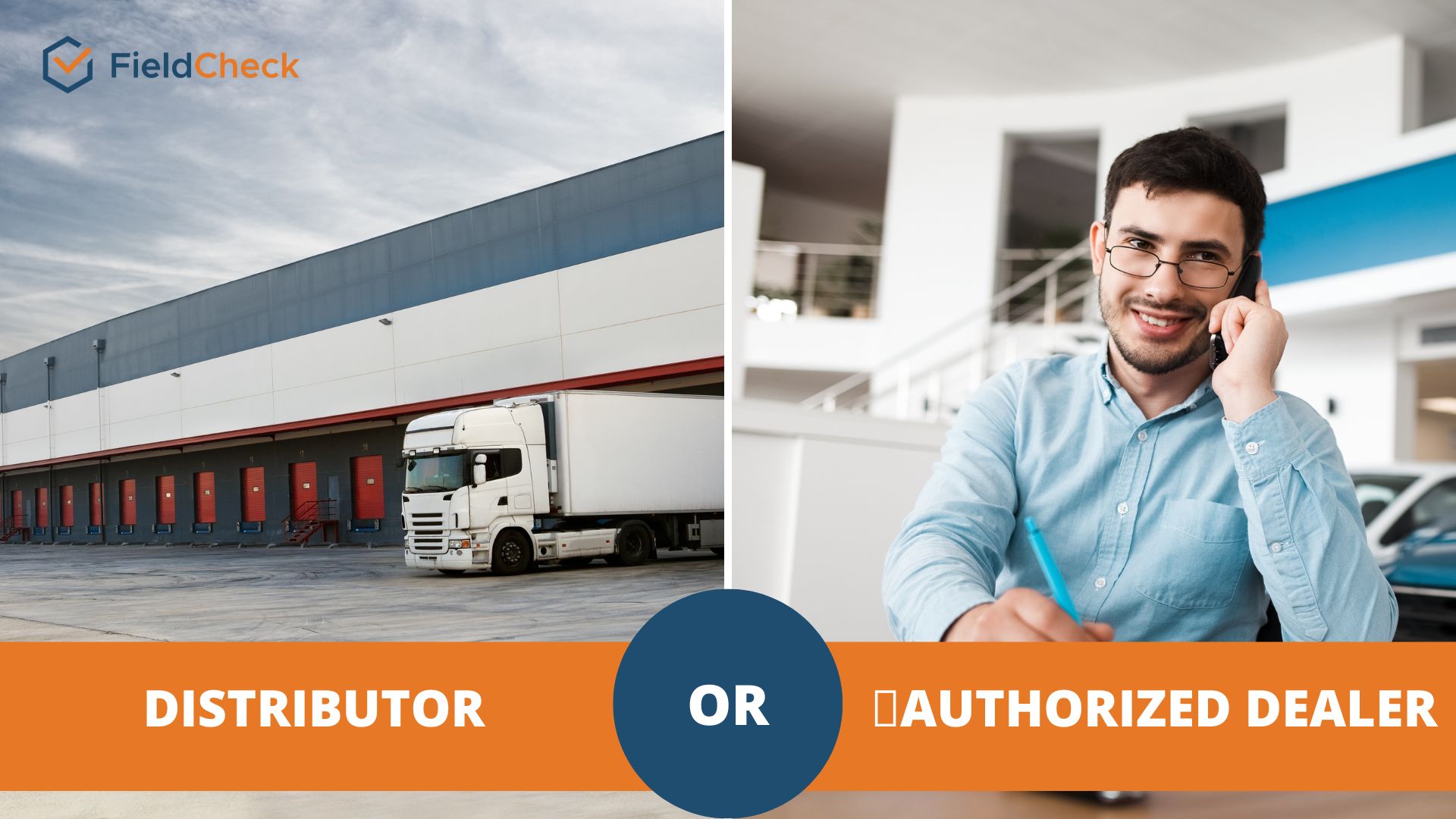
What Are Distributors And Authorized Dealers?
1. What is a Distributor?
In essence, the distributor acts as an independent contractor. They will be responsible for buying large quantities of goods from manufacturing businesses, storing goods in warehouses, and ultimately selling to stores or agents.
This does not mean the distributor cannot sell directly to the end consumer. They can still sell to customers, but this is very rare because selling to retail customers will cause difficulties in management.
The distributor's supply chain model can be represented as follows:
Material producer/supplier => Manufacturer => Distributor => Dealer => Retailer => End consumer.
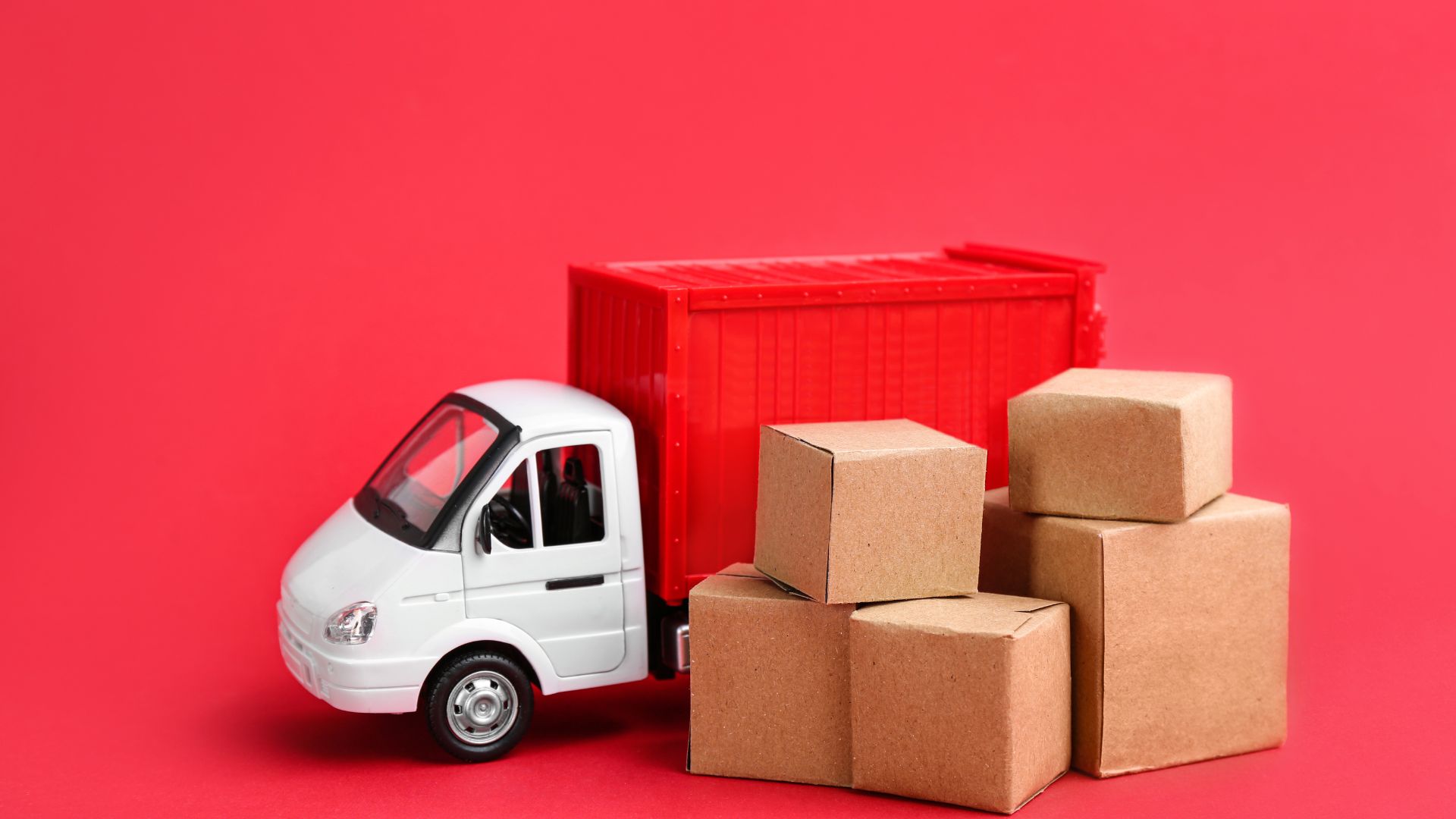
Product supplier and distributor
2. What is a Tier 1 Authorized Dealer?
An agent is a company or individual endorsed by the manufacturers as a sales representative. Regarding the selection of agents, the manufacturer can entrust the distributor to choose or self-review the agents that the manufacturer wants.

Agents receive commissions from manufacturers or suppliers
Agents will receive a commission based on the sales they achieve, usually on a percentage basis of total sales or the number of products sold.
Level 1 authorized dealers are used to distinguish the general agent level of importing goods from distributors. Typically, a tier 1 dealer will import goods directly from the manufacturer and then sell them back to a retailer or end consumer.
For example, the airline ABC commissions a service provider to sell air tickets. The supplier will then launch product promotions encouraging consumers to buy tickets.
Based on ticket sales, the supplier will receive money from the airline ABC.
Distinguish Distributors and Dealers
1. Similarities
As an intermediary in the distribution of goods in the supply chain, to help bring products and services to the market and the end consumer.
- Right to register for exclusive distribution of products
- Get the benefit of a good price discount from the manufacturer
- Must meet requirements such as warehousing, proof of finance, legal entity, etc. The larger the manufacturer, the more stringent these requirements become.
2. Differences
Although there are some similarities, in essence, a distributor is still different from a tier 1 authorized dealer. Below is the dealer and distributor difference.
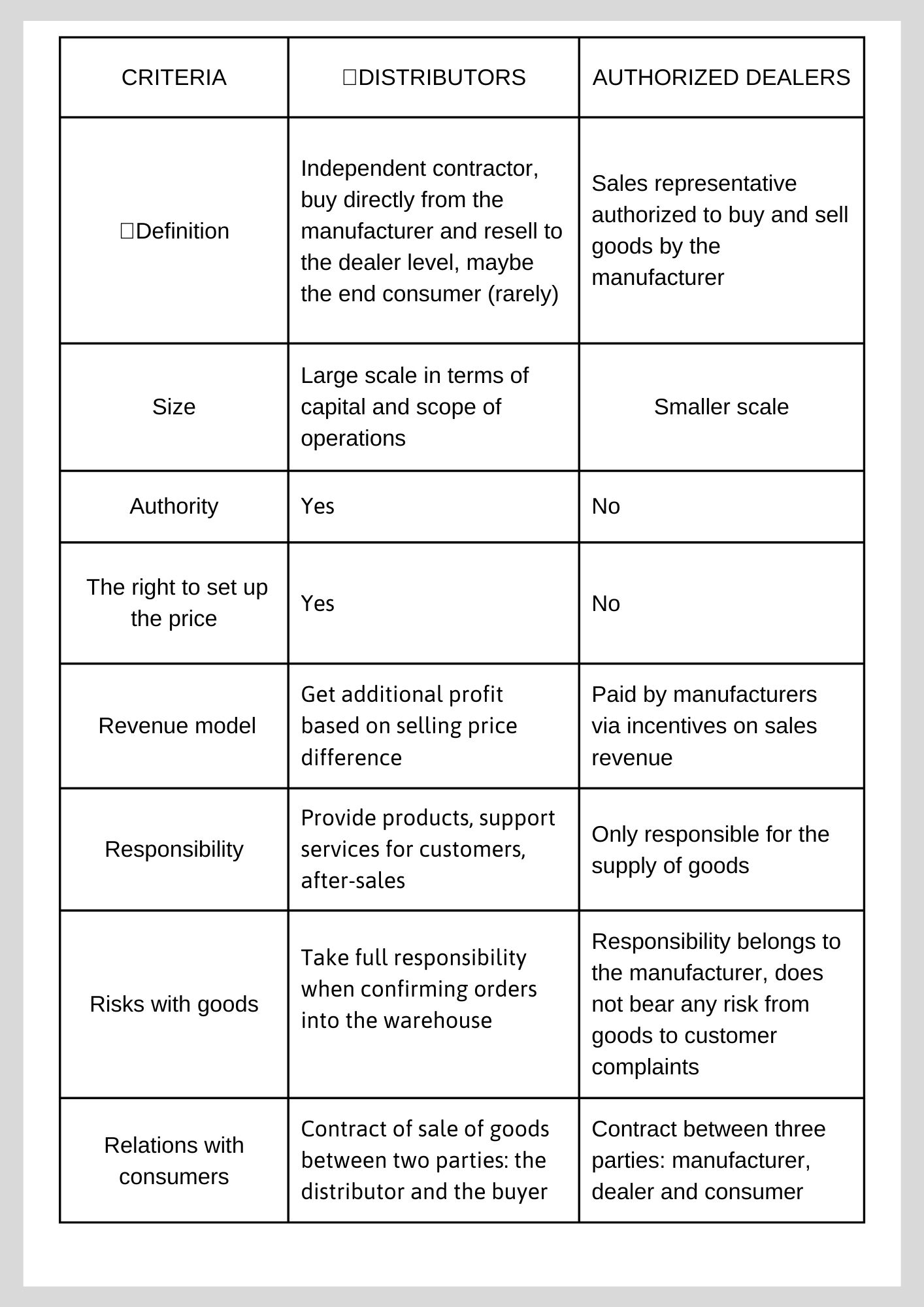
That's all about the dealer vs distributor difference. Now the question is, which model is suitable for businesses - distributor or dealer? Find out the answer below.
Should You Choose A Distributor Or A Level 1 Authorized Dealer?
Based on the summary of information, some businesses will be attracted more easily by the profit that a distributor earns than an agent. However, the above interest rate is equivalent to more liability and capital.

Authorized dealers are sales representatives for the manufacturer
Unlike a tier 1 agent, a distributor bears many different types of responsibilities, such as:
- Manage agent list and point of sale
- Manage import and export goods and inventory
- Sales team management
- Operational management of point of sale
- Implement marketing activities, increase product coverage
- Responsible for after-sales services and product warranty
Meanwhile, the responsibility of the level 1 agent only includes:
- Introduce the product to the end consumer.
- Not take any responsibility for marketing and after-sales.
- Product warranty costs.
See more: Operations Management Trends
Therefore, based on the business's characteristics and the enterprise's inherent resources, the management level needs to carefully consider the advantages and disadvantages of the two distribution models above. From there, businesses can optimize profits as much as possible.
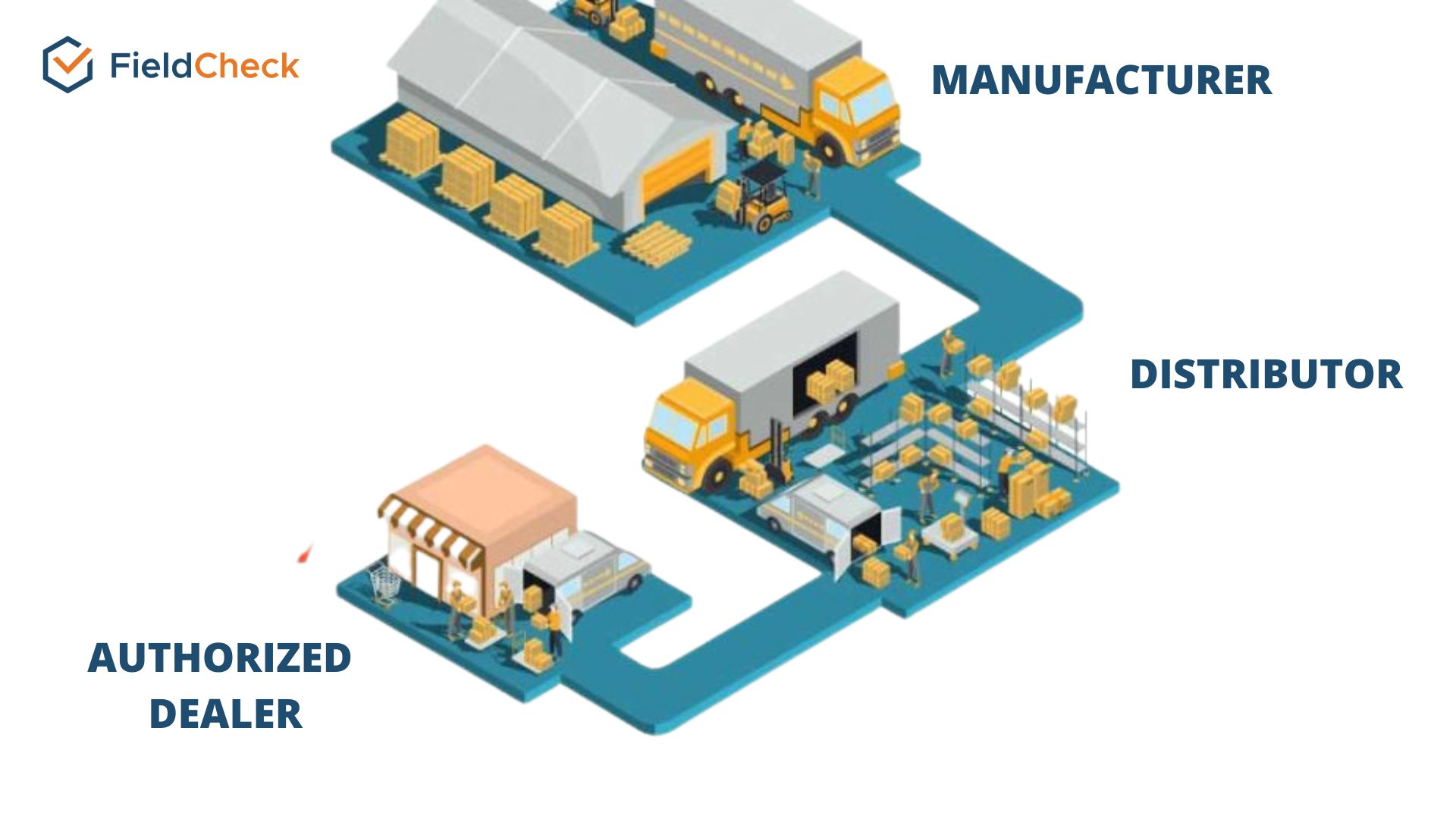
Distributor and dealer Process
Wrapping Up
That's all the information related to identify the difference between dealer and distributor. In short, a distributor imports goods directly from the manufacturer and sells them to dealers or stores, etc.
Meanwhile, a tier 1 agent is considered a sales representative for the manufacturer, which can be freely chosen by the distributor or must be moderated by the manufacturer.
Regarding the responsibility of the two forms, the distributor will be more responsible for the products he imports and sells than the agent. That is also the reason why the profit that the distributor earns will be higher than the great.
See more: Comprehensive sales management system
